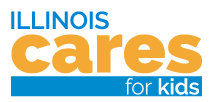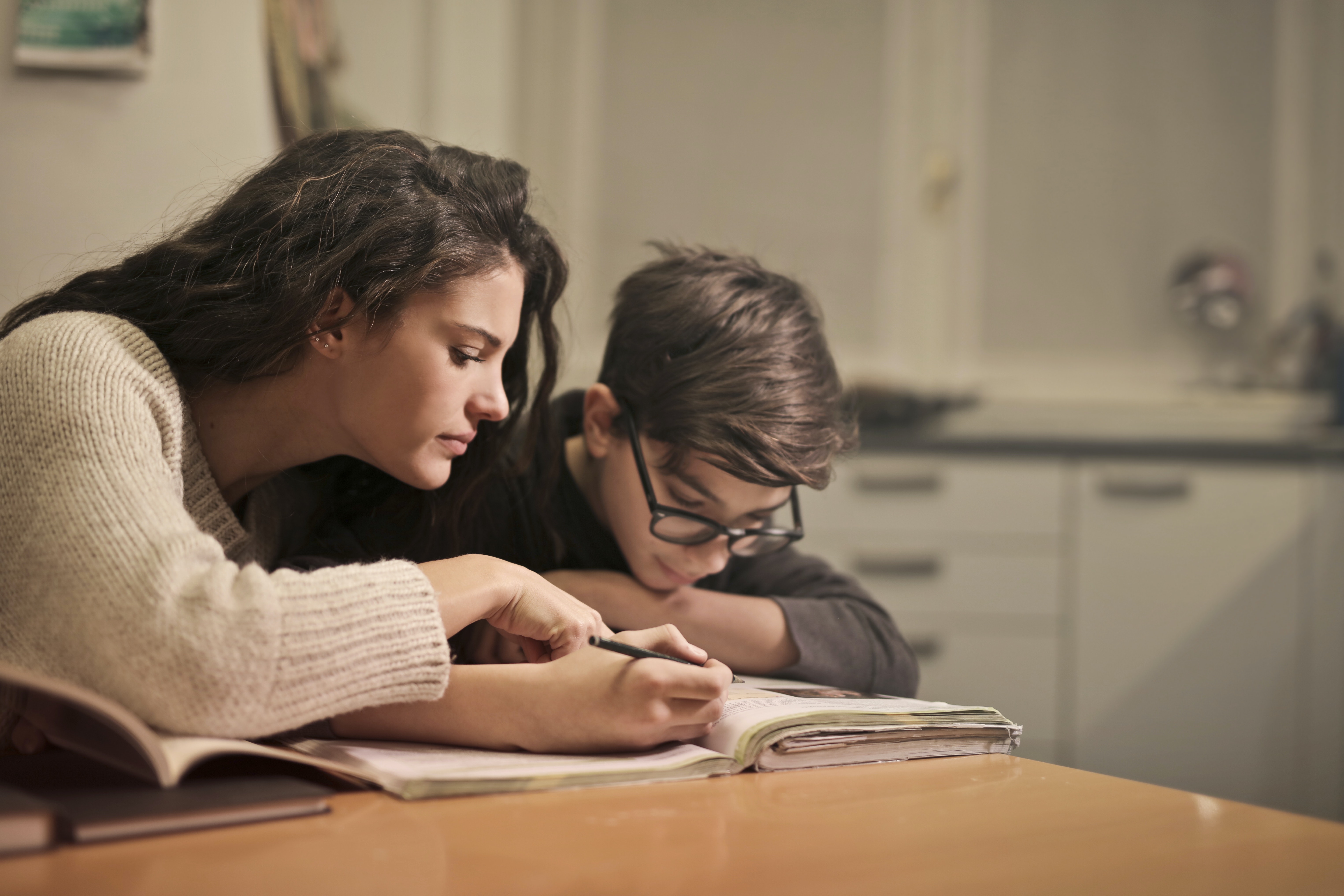If your child has a hard time understanding things, learning new skills, or is struggling with their schoolwork, they may have a learning disability.
Here’s how to recognize the signs that your child may have a learning disability or disorder -- and what to do next.
What are Learning Disabilities?
Learning disabilities are disorders that can hurt your child’s ability to learn new skills and concepts in school and beyond.
To be clear: a learning disability is not an intellectual disability. Having a learning disability doesn’t mean that your child is any less intelligent. It just means that your child’s brain works differently when it comes to processing tasks and concepts. They may need more support or a different learning environment than others their age so that they can learn best.
There are several different kinds of learning disorders, and each can each impact your child’s learning differently. For example, some learning disabilities make it hard to read, write, or do basic math. Others can make it harder for them to stay organized.
Learning disorders may have several different causes. For example, some researchers believe that learning disabilities run in families. Other research has suggested that learning disabilities can come from factors in their environment, like lead poisoning or poor diets. Finally, while learning disabilities are most common in young children as they enter school, some learning disabilities can also develop later in life from traumatic brain injuries or dementia.
Does my Child have a Learning Disability?
While all kids can struggle in school from time to time, someone with a learning disability struggles much more often. It’s important to know and recognize some of the common signs of a learning disability to better help your kid.
Some common signs of a learning disability include:
- Difficulty following directions
- Frequent and repeated spelling errors
- Poor coordination
- Struggling to stay organized
- Dislikes reading or writing
- Slow at learning new skills
- Issues with memorization and understanding
These are all common signs that your child may have a learning disability. However, it’s important to talk to a professional psychologist if you think it might be an issue. These professionals can take a closer look at the problem and determine if it’s actually a learning disability. After all, every child can struggle with these signs from time to time.
Common Learning Disabilities and Disorders
Dyslexia
Dyslexia is a learning disability that affects your child’s ability to read. If someone has dyslexia, they may have problems hearing sounds and connecting them to words and letters. This can make it harder for them to read, write, or process what they hear.
Common signs of dyslexia include:
- Disliking reading and writing, especially reading out loud
- Reading and writing below their expected age and grade level
- Misspelling words, or even misspelling the same word in different ways in the same assignment or project
- Problems thinking of the right words to use when talking out loud
- Difficulty with remembering sequences and patterns
- Mispronouncing words often
Dysgraphia
Dysgraphia is a learning disorder that can make it harder to write. Children with dysgraphia might not be able to move their hands and fingers the right way o use a pen or pencil. They may also have a hard time thinking and writing at the same time. Their writing assignments might be disorganized.
Signs that your child may have dysgraphia include:
- Inappropriate sizing or spacing while writing letters and words
- Misspellings or incorrect word choices while writing
- Distorted or inconsistent handwriting
- Very slow writing speed
- Unusual wrist position/grip while writing with pen or pencil
Dyscalculia
Dyscalculia is a disorder that makes it hard to do mathematics. Someone with dyscalculia may have difficulty with basic and advanced math skills.
Some signs of dyscalculia:
- Having a hard time memorizing basic math facts (simple addition, times tables, etc)
- Trouble counting
- Having a hard time recognizing patterns
- Not liking games and activities with math involved
- Trouble counting money, time, distance, speed, etc.
- Trouble understanding math “language” (greater than vs. less than, symbols like +, -, x, etc)
Dyspraxia
Dyspraxia is a disorder that can make it hard for your child to coordinate their movements. Dyspraxia is also sometimes called developmental coordination disorder (DCD).
Note: Dyspraxia can affect the fine motor skills needed for the physical act of writing, similar to dysgraphia, but they are not the same disorder.
Signs that your child may have dyslexia:
- Taking longer to learn how to crawl or walk
- Writing slowly
- Having a hard time holding pens and pencils
- Awkward or clumsy movements
- Lack of spatial awareness (not knowing how far or close away things are to them)
- Having trouble learning new movements
Other potential Issues that could be getting in the way of your Child’s Learning
Your child might also have another health, behavior, or developmental issue that makes it hard for them to perform well in the classroom. These issues are different from learning disorders.
Some other conditions that can make it hard for your child to do well in school include:
- Attention-deficit/hyperactivity disorder (ADHD): A brain development disorder that makes it hard for kids to pay attention and control impulsive behaviors. Children with ADHD may be hyperactive. They might squirm, fidget, and talk a lot, which makes it harder for them to concentrate in class.
- Anxiety disorders: A group of disorders that can make your kids feel intense fear and worry that can make it hard for them to succeed in school. Anxiety disorders include separation anxiety, social anxiety, panic disorders, phobias, and general anxiety.
- Autism spectrum disorder (ASD): A developmental disability that can cause issues with social skills, sensory challenges, and reading/verbal comprehension required in most school curriculums.
Identifying whether your child has a Learning Disorder
If you or your child’s teacher think that your child may have a learning disorder, you’ll need to talk to a specialist to determine your next steps. Remember, the sooner that you can figure out what’s going on with your child, the sooner you’ll be able to help them fix their learning environment so they can do well!
First, check with your pediatrician to make sure there aren’t any other health problems that are making it hard for your child to learn. For example, they might need glasses so they can see the whiteboard at the front of the class.
Then, if it isn’t a health issue, you can take your child to a mental health specialist. These specialists can determine if your child has a learning disability. This can include school psychologists, child psychologists, and speech and language therapists.
Treatments and solutions for learning disorders
Children with learning disabilities can do just as well in school as their classmates. However, they might need extra tools so they can do their best.
If your child is enrolled in a public school in the state of Illinois, you have a right to request that the school district evaluates your child to see if they would benefit from special education services. If you are the parent or guardian of the child in question, the Illinois State Board of Education suggests submitting a request for an evaluation in writing to your district. The district then uses research-based interventions or Multi-tiered Systems of Support (MTSS) to evaluate your child.
Conclusion
Learning disabilities can make it hard for your child to thrive in a regular classroom. But the good news is that it doesn’t have to! By arming yourself with knowledge on learning disorders, and knowing the red flags to look out for, you can better advocate for your child and get them the resources they need to do their best.


